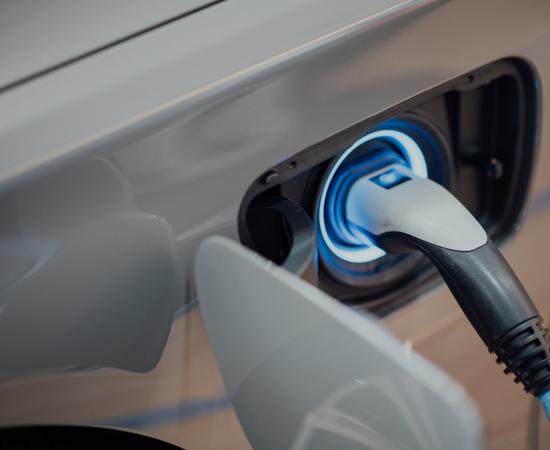
Re2Live | Re-cycling & Re-manufacturing of Li-ion batteries from end of life electric Vehicles
The recycling of lithium-ion batteries for electric vehicles poses a number of challenges, but also offers opportunities for Flemish industry and logistics. In the COOCK project Re2LiVe, Sirris wants to investigate, together with other cluster organisations, how Flemish companies can respond to the opportunities in this growing market.
Context
The steady rise in electric vehicles is creating a growing market of lithium-ion batteries specifically developed for this application. These batteries contain quite a lot of rare materials, the availability of which is coming under increasing pressure due to strongly growing demand. An appropriate strategy for managing these types of batteries once they reached the end of their life in a vehicle can provide an answer. In this way, not only will a solution be found to a future waste problem, but the necessary opportunities for Flemish industry and logistics will also be created.
This project is part of the transition of Flanders to a circular economy.
Objective and result
In the Re2LiVe project, Sirris wants to investigate, together with other cluster organisations, how Flemish companies can respond to the opportunities in this growing market of lithium batteries for electric cars. The aim of this project is to investigate the entire value chain of automotive battery recycling and stationary energy storage applications, from an economic, technical, operational and social point of view.
Approach
The project structure is based on four technological work packages:
- Logistics (by project partner VIL): study of how logistics in relation to the recycling of lithium-ion batteries can be organised in the most efficient way, from collection to material flows after recycling.
- Automation of the dismantling process (by Sirris): study of the feasibility of automatic dismantling of batteries, taking into account the necessary technical, practical and safety aspects
- Optimisation of the recycling process (by project partners SIM and VITO): improvement of existing and implementation of new processes aimed at a better circularity of lithium-ion batteries
- Second life applications (by project partners Flux50 and VUB): research into possible reallocations.
Target group
Companies from the entire value chain can join the user group. The project focus includes logistics companies and organisations active in the waste and recycling sector, in rail transport and inland navigation, companies active in the sector of distribution, maintenance and recycling of vehicles, in the export of used vehicles and spare parts, seaports, ...
Project partners
VIL
SIM
ITO
Flux50
VUB
Reference
VLAIO COOCK Re2Live (intercluster met VIL SIM, Flux50)
